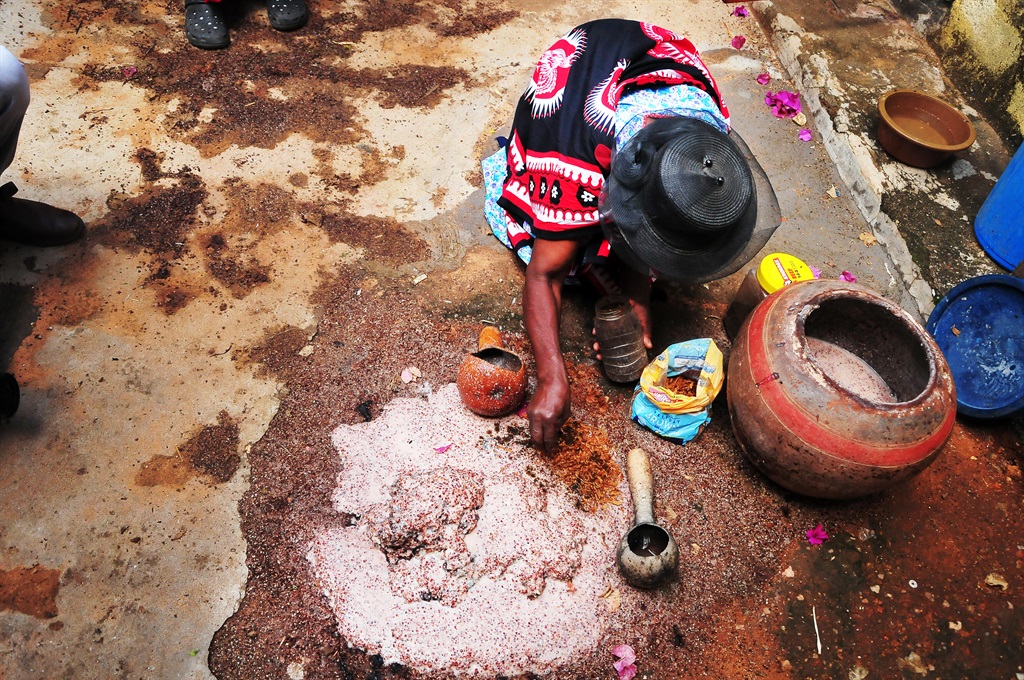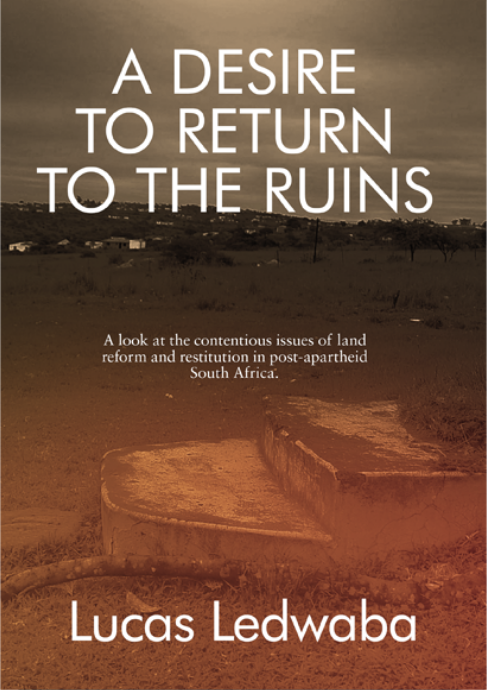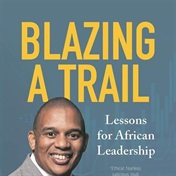
It is common practice in Molele’s society and culture that a process of spiritual diagnosis, exorcism and cleansing be undertaken after one has experienced a life-threatening incident of trauma like he had suffered in far-away Soweto.
While at face value, it appeared the attack may have been driven by pure criminality, any life-threatening incident should be probed for deeper spiritual meaning.
The attack on Molele had presented such an opportunity. The faith healers he saw at different times and locations all came to the same conclusion when delving into the gun attack.
Molele’s father, Masilo Jack Molele, was only 14 years old when his family was forced to flee from their lands at a place called Sesele, where he was born, and generations of the clan had lived for over three centuries.
Molele was only born 30 years after the forced removals and had never been to Sesele, although he knew where it was.
When the Moleles were kicked off their land, they left hastily and never had the opportunity to conduct sacred rites and ceremonies to communicate their departure to those that lay buried there at Sesele.
The faith healers found that the spirits of the Molele, left behind at Sesele without warning, were restless and seeking the attention of their descendants.
Although Molele himself had never met any of the elders buried at Sesele, including his paternal grandfather Nkabe, he had been targeted through this violent attack to highlight this disconnection.
READ: EXCERPT | My Land Obsession: Saving a sacred seat for the ancestors
The Molele clan’s elders had long known about this brewing wrath of the gods. In the many years they had been scattered away from their ancestral land – they had been warned repeatedly by faith healers, seers and dingaka about the restless spirits of their kin.
They had been cautioned also about the string of bad luck that was to befall the family and the broader clan if certain rites were not conducted at Sesele.
The spiritual diagnosis had revealed that the disconnection between the ancestral spirits of those at Sesele and the living was hampering the efforts of the departed to play their proper role as guardian angels over the living.
If the family were to end this string of bad luck, they had to conduct the rites at Sesele.
But during that time of South Africa’s bloody transition in 1992, Sesele was still very much out of bounds for its original owners, although the transition had seen liberation movements, such as the ANC, PAC, AZAPO, BCM and many others, being unbanned two years earlier in 1990.
But to the Molele, Sesele was more than just a piece of land where they had once lived and grew crops and herded hundreds of heads of cattle – it was their connection to the gods and their gods.
This is where their forebears had presided over sacred ancestral rites, ceremonies to ask for rain and give thanks for a good harvest. The bones of their forebears and many of those before them lay buried there and their restless spirits haunted the great pastures, wandering, searching for their own among strangers.
‘The uprooting of long-established indigenous agricultural populations by the pioneering white race has been deeper than the physical or cultural deforestation visible on the surface, which is disturbing many today who are taking a long view of our human landscape… There exist in man in his relationship to the earth certain spiritual and emotional values, and socially integrating factors, which commerce at its best takes no cognisance of.
Without these values and factors rural man suffers spiritual starvation.’ (Handy, 1939)
The Moleles knew deeply the connection between themselves and the land of their forebears, the land they now could not enjoy or even access.
They also knew the negative impact of losing touch with their ancestors rooted in Sesele.
In his land claim submission to the Commission on Restitution on Land Rights, Masilo Jack Molele emphasised to the authorities the implications of the spiritual disconnection caused by the continuous wait for the return to their ancestral land.
READ: Elmien du Plessis | Land, Law and (Afrikaner) Nostalgia
Masilo Jack Molele also pointed out an important factor in his submission, the significant factor of spiritual connection to Sesele, the land of their birth and the repercussions of being cut off from one’s origin where the umbilical cords of generations lie buried. ‘However, our ancestral spirits are emphatically pressurising us to settle back there. Our children are increasingly getting shot, killed, don’t get jobs, bad lucked (sic) due to that.’
Kenyan scholar in architecture and building science Dr Joseph Kamenju, in a 2011 edition of the Christian Science Monitor, also tackled this often-ignored aspect of the spiritual meaning, connection and significance of land among Africans.
The spiritual healers had advised the family that the ancestral spirits had spared Molele’s life during the attack because he was the one chosen to lead the process to restore the family and the clan back to Sesele.
His life had been spared so he could lead the efforts to conduct the necessary rites and to find the right spiritually gifted people to help with this at the gravesite.
They also wished for their descendants to return to their ancestral land and farm like they used to do in old times. But, a long wait lay ahead in their quest to return to the ruins of their forefathers.
In this extract from the book A Desire to Return to the Ruins – author Lucas Ledwaba - explores the link between land and spirituality.
Book title: A Desire To Return To The Ruins [BlackBird Books 2022]
Publisher: BlackBird Books
Recommended retail price: R300
https://blackbirdbooks.africa/product/a-desire-to-return-to-the-ruins/




 Publications
Publications
 Partners
Partners










